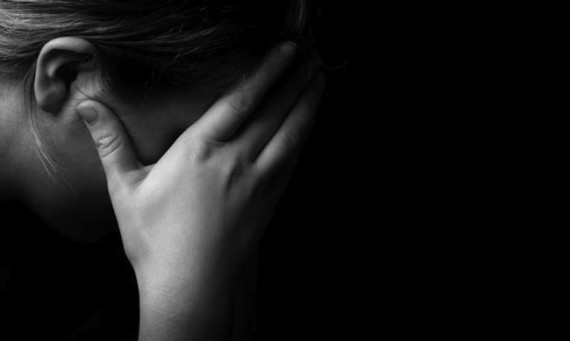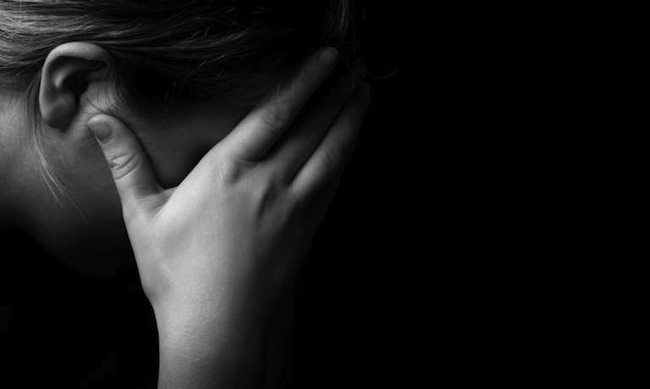
By Laura McNamara
Anxiety is a tricky thing to understand, and it’s even harder to explain. Dealing with anxiety is like dealing with an irritating headache: just when you think it’s finally gone, it’s right behind you.
It can be something that’s really small but continuously frustrating, or something that comes every once in a while but when it does, it’s a complete and utter nightmare. While anxiety is perceived and experienced in different ways, the one thing that’s for sure is that it’s horrible.
Many of us know what it feels like to feel anxiety. But how much anxiety is too much? What’s normal? What’s healthy? What’s something to actually, you know, be concerned about?
It’s worth noting that anxiety is sometimes the most appropriate way that your body can respond to awkward and sad situations. Anxiety is medically recognised as being a feeling that there is a threat about to arise.
Basically, your brain is anticipating something bad and considering all of the horrible things that could happen, no matter how unlikely it is. It is an emotion that is mainly characterised by an intense feeling of inner turmoil.
Often the worst thing about anxiety is that it’s almost impossible to explain to others. It’s such an unbearable thing to experience that when it comes to talking about the difficulties that are involved, it is sometimes just easier to turn away from facing them head on.
Anxiety exists under numerous categories, such as social anxiety, agoraphobia, and generalised anxiety disorder (GAD), just to name a few. It can come disguised in the form of exam stress, having an important deadline due or various common insecurities. It’s natural to feel anxious and full of doubt and worry from time to time, but when it begins to consume your every thought and action, this is when it really starts to get serious.
Drowning in what seems to be an inescapable load of dread and apprehension is possibly the hardest thing to pull yourself out of. An intense state of being anxious is when your negative thoughts begin to affect your emotions and behaviour on a large scale, leaving an impact on your daily life.
Anxiety is like when you’re on your way to an important meeting and a sudden voice in your head reminds you of all the things that could go wrong, or when you’re trying to fall asleep and you remember every mistake you’ve ever made. In a social setting, getting that feeling of insurmountable panic is so overwhelming that it is nearly impossible to function normally. The mere thought of experiencing this often results in people doing anything to avoid social situations. This is an example of agoraphobia, where you would fear or avoid places or situations that may cause you to panic and make you feel trapped, helpless, or embarrassed.
With anxiety comes the inevitable panic attack. Sometimes you can feel it building up, ready to erupt, but mostly it hits out of absolutely nowhere. This has a paralysing effect, with an increased breathing rate, racing heart, and pains throughout your body, often making you feel nauseous and leaving you in a frozen, statue-like, position. It can make you feel so overwhelmed that you end up not able to do much of anything. The inability to function and carry out simple tasks is incontrovertibly overpowering, which can lead to even more distress.
Getting assistance and talking about how you feel definitely contributes to making anxiety just that little bit easier to deal with. Finding ways of keeping yourself happy and busy is important, as can keeping your mind occupied and free of negative thoughts.
Although there is no definite cure for anxiety, it’s essential to let your feelings out and find a way to ease the pain. Due to the fact that anxiety is such a complicated condition to both describe and experience, it’s only natural that it would be widely misconceived. Feeling anxious is natural to experience from time to time, but it definitely shouldn’t be ignored or mocked.
![]()


